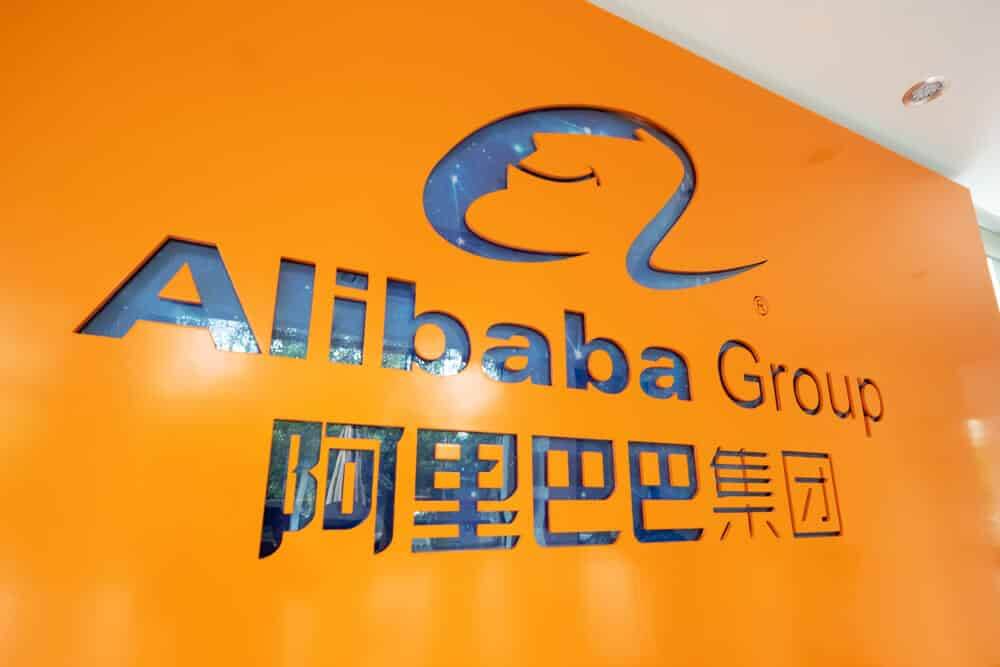
Alibaba stocks fall, causing Asia-Pacific stocks to drop too
Asia-Pacific stock markets had a pretty pessimistic outcome as they fell sharply on Thursday. Additionally, Chinese technology stocks dropped again as regulatory concerns suppressed investor sentiment.
On Thursday, Alibaba’s share price in Hong Kong fell to a record low of 160.30 Hong Kong dollars. It still recovered its lost ground before the market closed, but in the end, the stock still fell by 5.54%.
Alibaba’s significant drop resulted in declines in other Chinese companies’ stocks.
Other Chinese tech giants listed in Hong Kong also suffered from heavy losses
Tencent fell 3.44%, while Meituan fell 7.15%. The Hang Seng Technology Index fell 2.93% to 6,044.03.
Hong Kong’s broader Hang Seng Index closed down 2.13% to 25,316.33.
Elsewhere, shares of Japanese automaker Toyota closed down 4.42% on Thursday. The results came after Nikkei reported that the company would cut its global production by 40% in September from its previous plan.
Some other Japanese car manufacturers’ stocks also saw a decline. For example, Honda fell 2.73%, Nissan fell 2.63%, and Mitsubishi Motors fell 2.38%.
The Topix index dropped by 1.39% to 1,897.19, while Japan’s broader Nikkei 225 index declined by 1.1% to close at 27,281.17.
On Thursday, Taiwan’s Taiex led the decline in the region’s major markets, falling 2.68% to 16,375.40.
The Shanghai Composite Index fell 0.57% to 3,465.55, while the Shenzhen Stock Exchange component stocks rose 0.23% to 14,487.36. The Korea Composite Index fell 1.93% to close at 3,097.83.
In Australia, the S&P/ASX 200 Index closed down 0.5% to 7,464.60. Additionally, Australia’s unemployment rate fell to 4.6% in July, compared with 4.9% in June.
The MSCI Asia Pacific’s broadest index outside of Japan fell nearly 2%.
What is causing such an overwhelming drop in Asian stocks?
The overall decreasing wave that flew over Asia-Pacific stocks could be connected to China’s recent announcement.
China said it is studying to ensure further the rights of drivers working for online companies and strengthen supervision of the live broadcast industry. After that announcement, we saw the outcome: there was a decline.
Tencent warned the industry to prepare for more regulations, including potentially significant changes to the way companies use data for advertising.
Beijing’s recent repression of the technology industry erased around $1 trillion in the market value of Chinese stocks listed globally last month.
This is connected to their quick expansion from antitrust and e-commerce issues to extracurricular tutoring, data security, and online content.
The sell-off has given rise to some global fund managers, including Cathy Wood, to sell Chinese stocks in the past few months. Some investors question the allocation of Chinese assets entirely.
Fearing increased supervision, the Hang Seng Technology Index, a key indicator of Chinese technology stocks listed in Hong Kong, has fallen more than 2.5% in three of the past four trading days.




